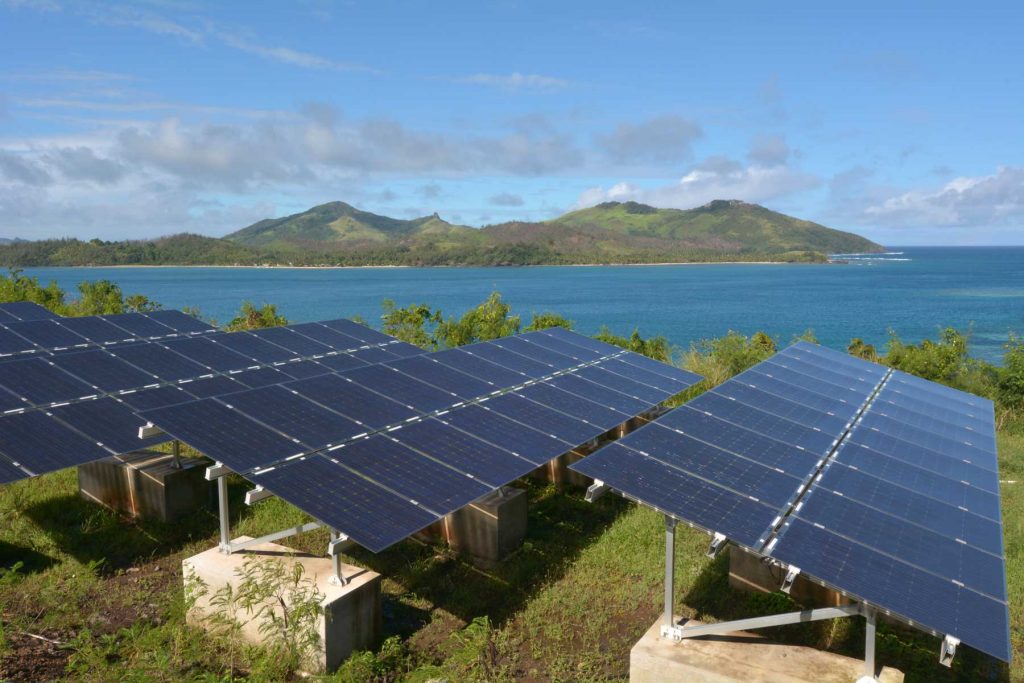
The Global Green Growth Institute (GGGI) participated in the first G20 Climate Sustainability Working Group meeting held in Tokyo, Japan from February 14 to 15. Dr. Frank Rijsberman, Director-General of GGGI delivered a presentation at a session entitled “Effective Implementation of NDCs and Design of Long-Term Strategies” where he introduced GGGI’s G20 Background Paper: Green Growth to Achieve the Paris Agreement. He divided his presentation into six sub-sections to discuss topics, including planning for green growth, renewable energy transformation, electric mobility, green buildings and infrastructure, green employment and financing green growth.
During his presentation, Dr. Rijsberman emphasized that green growth is the only development path that can provide economic growth, that is both sustainable and inclusive. The development of green growth strategies can present a solid foundation for designing and implementing ambitious Nationally Determined Contributions (NDCs).
The Background Paper provides recommendations for G20 countries on ways in which they could help accelerate climate action in the developing world. A top priority for developing and emerging countries is to alleviate poverty and create decent jobs for the next generation through achieving economic growth. The green transformation will play an important role in creating hundreds of millions of green and decent jobs, particularly to enhance the role of women in the labor market and provide more opportunities for the future generations.
During the discussion session, participants had an opportunity to share their views on the urgency of addressing climate change in the context of the Paris Agreement. They discussed the key factors to bridging a gap between NDC planning and implementation for G20 countries, major challenges in accelerating climate action to achieve NDCs, messages and lessons G20 could share with the international community through the development of long-term low greenhouse gas emission development strategies (LTLEDSs).
They also delved into discussions on how G20 countries could enhance and foster climate action of all the stakeholders by designing long-term strategies, effective and efficient ways to support developing countries in implementing NDCs and designing long-term strategies, and how G20 could strengthen international cooperation and mutual learning for sustainable development while promoting climate action worldwide.
Click here for more information on Dr. Frank Rijsberman’s presentation.